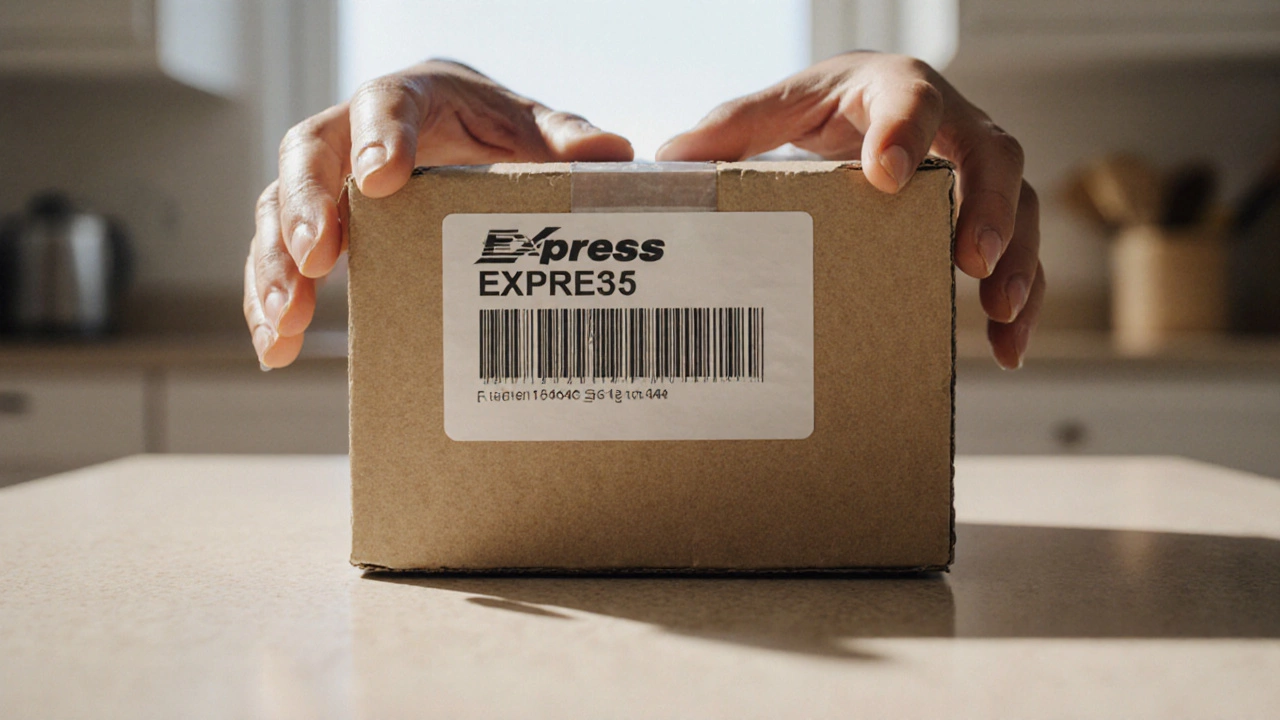Shipping Scams – What They Are and How to Stop Them
When dealing with shipping scams, deceptive schemes that trick senders or recipients into paying extra fees, handing over personal data, or surrendering valuable parcels. Also known as delivery fraud, it costs UK businesses and individuals millions each year. A big part of the problem stems from courier restrictions, the rules that dictate what can and cannot be shipped and the list of prohibited items, objects that couriers are not allowed to transport. Ignoring these guidelines gives scammers an opening to pose as legitimate carriers.
One common variant is delivery fraud, when fraudsters impersonate courier services to extract money or data. This type of scam shipping scams require a clear understanding of courier restrictions, because scammers often claim an item is blocked or needs a special fee to get through. When a sender receives an unexpected request for a customs charge or a “clearance fee,” it’s usually a red flag that the fraudster is exploiting the gray area around prohibited items. Recognizing that link helps you stay one step ahead.
How to Protect Yourself from Shipping Scams
Another growing threat is parcel tracking fraud, fake tracking numbers or counterfeit tracking pages that lure you into paying for a non‑existent delivery. This fraud influences the overall landscape of shipping scams by creating a false sense of security; you think the parcel is on its way, but the tracking link is just a phishing trap. The best defense is to verify the tracking number on the official carrier website, not through third‑party links sent in emails or texts.
For businesses, the impact of shipping scams goes beyond a single lost parcel. Repeated fraud can damage brand reputation, increase insurance premiums, and inflate operational costs. Companies that ignore courier restrictions often see higher claim rates, because fraudulent shipments slip through unchecked. By tightening internal policies around prohibited items and verifying every unusual fee request, you cut the risk of becoming a target.
So how do you spot a scam before it hits your doorstep? Look for these tell‑tale signs: an email from an unfamiliar address that uses a generic greeting, a sudden request for payment via a non‑standard method (like gift cards), or a claim that your parcel is held due to “dangerous goods” when you never sent such items. Scammers also exploit urgent language – “your package will be returned unless you pay now” – to rush you into a decision.
Couriers themselves play a key role in preventing fraud. Reputable services publish clear lists of prohibited items and offer real‑time tracking that can’t be spoofed. When you notice a discrepancy between the carrier’s official policy and a request you receive, treat it as a potential scam. Many carriers, including Same Day Express Delivery, provide dedicated helplines for verification; a quick call can save you from a costly mistake.
Practical protection steps are simple but effective: always double‑check the sender’s details, confirm any fees directly with the carrier’s official contact channels, and keep a record of all correspondence. Use encryption tools for sharing sensitive information and never share payment details through unsecured links. If you suspect a scam, report it to the UK Trading Standards or Action Fraud – early reporting helps authorities track patterns and shut down fraud networks.
Legal consequences for shipping scammers are severe, ranging from fines to imprisonment. Understanding the legal framework around courier restrictions and prohibited items can empower you to demand accountability. When you know the law, you can challenge bogus claims and protect your rights as a consumer or business owner.
The collection below dives deeper into each aspect of shipping scams. You’ll find guides on how courier restrictions shape fraud, real‑world examples of prohibited‑item scams, and step‑by‑step advice on avoiding parcel tracking tricks. Use these resources to build a solid defense against delivery fraud and keep your shipments safe.
Is Express a Real Shipping Company? How to Verify and What to Do
Find out if Express is a legitimate shipping carrier, how to verify any logistics firm, and steps to avoid shipping scams while protecting your packages.
© 2026. All rights reserved.

